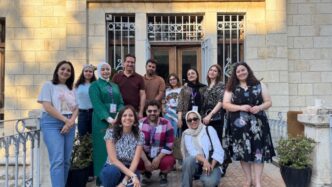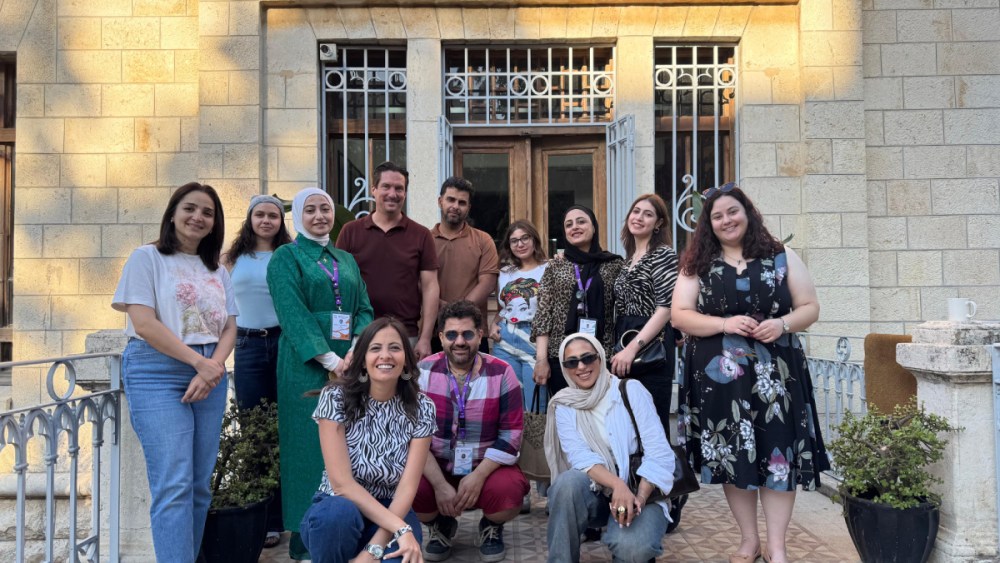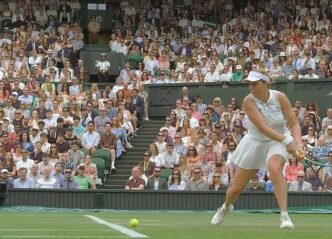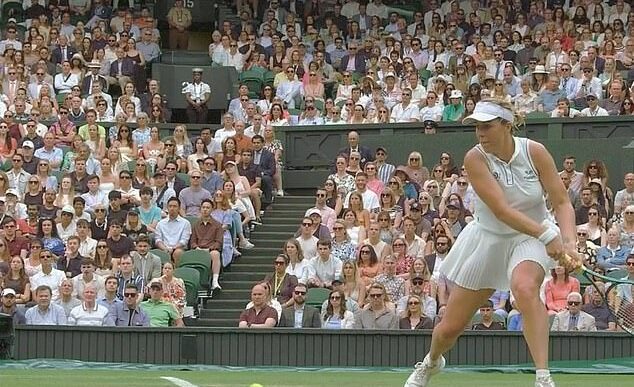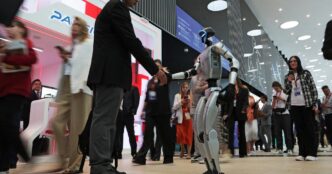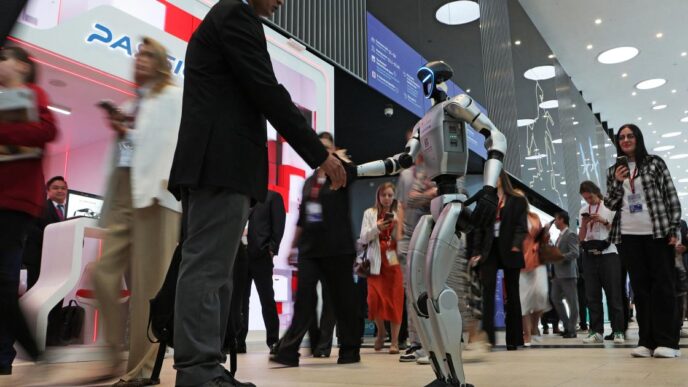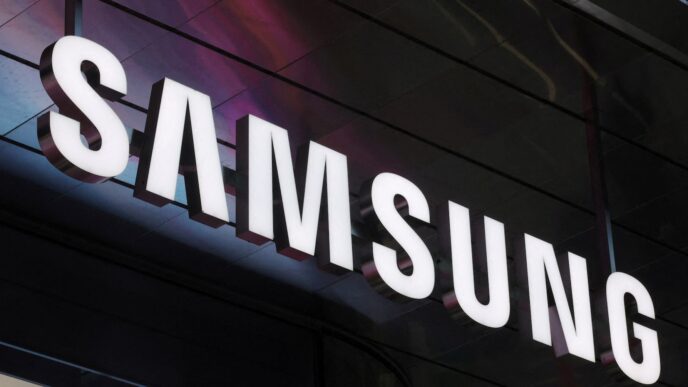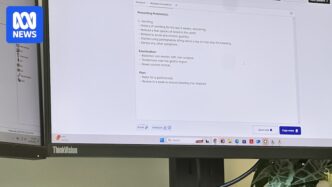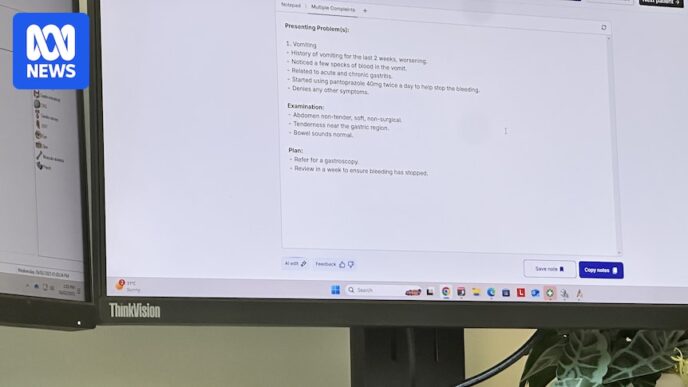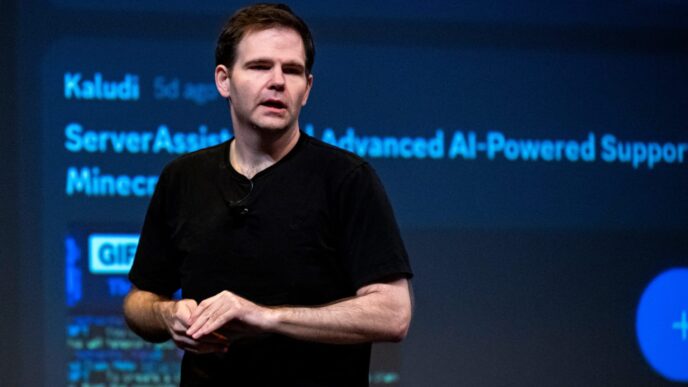Finnish creative studio The Alchemist is leading the charge on AI’s role in filmmaking, sparking mixed reactions worldwide.
Producer Aleksi Hyvärinen ran a two-day workshop, AI and Filmmaking: A Grounded Guide, at the Amman International Film Festival. No code, no flashy demos—just raw conversation about what AI really means for storytellers.
Hyvärinen has toured Europe with this format. The takeaway? “Some were ready to dive in. Some skeptical. Most living in the grey zone.”
Filmmakers like Jordan’s Anwaar Al-Shawabkeh walked away convinced AI is unavoidable.
“Before the workshop, I had a medium level of familiarity with AI tools, mostly out of curiosity,” said Anwaar Al-Shawabkeh.
“But those two days truly shifted my perception! After going through the tools with Aleksi, I felt it had become true and there is no way to avoid it.”
“No one asked us if we wanted this change and no one will. It’s coming!”
Workshop highlights included exploring tools like Google Veo, Google Flow, and 4D Gaussian Splatting, a new tech turning flat images into full 3D environments.
The focus wasn’t just on generative AI creating new content. Non-generative AI tools helping with editing workflows—like trimming hours of footage and tagging scenes—got major attention.
Hyvärinen warns: assistant editor roles are likely the first to vanish. “Not better, just cheaper and faster.”
Palestinian-Jordanian filmmaker Mohammed AlQaq shifted his stance by day two.
“I thought I completely rejected the idea of AI taking the place of my mind or my creativity,” he said.
“I realized that even in creative work, I can still be in control.”
“AI is just another tool, an assistant, and I will always be the director.”
Budget-strapped indie filmmakers stand to gain the most, Hyvärinen says. AI can make big stories affordable—maybe turning $10 million projects into $500K shoots.
Looking ahead to 2029, Hyvärinen predicts a split: high-end handcrafted cinema versus quick AI-enhanced streaming serials.
“We might be shooting actors in green screen studios, generating environments, tweaking wardrobe, faces, dialogue, even camera angles. All of that in post-production.”
“Core creative work will remain human. But location scouting, production design, maybe even some editing, that’s going to shift.”
Still, Hyvärinen admits the AI impact will be “partly great and partly painful,” like past tech shifts in filmmaking.
The message is clear: AI is not going away, and filmmakers better get strategic fast.
[Source: Amman International Film Festival coverage]
